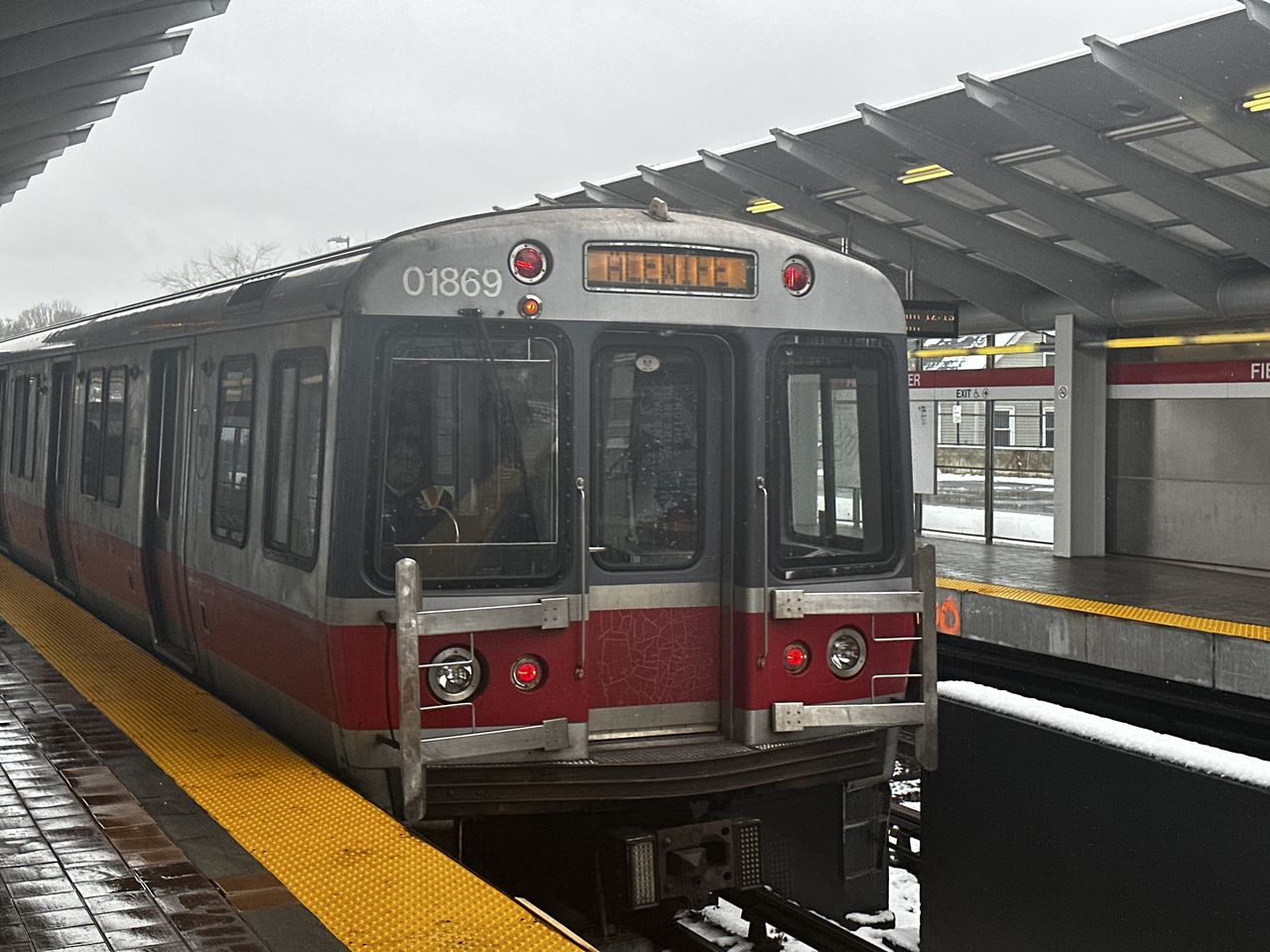
The state has put new penalties in place for cities and towns that do not follow zoning laws aimed at creating more housing near public transit.
Municipalities that do not follow the MBTA Communities law, which requires communities with an MBTA station or which abut a community with a station to have at least one zoning area where multifamily housing is allowed by right, will no longer be eligible for a new list of state funding opportunities until they are in compliance, the Executive Office of Housing and Livable Communities announced Thursday.
“The MBTA Communities law is a vital tool to incentivize and expedite much-needed housing development across the state,” said EOHLC Secretary Ed Augustus Jr. in a press release. “These updated guidelines demonstrate a collaborative effort with MBTA Communities to implement the law, ensure compliance, and provide reasonable adjustments to zoning requirements without reducing the total number of required housing units. Nevertheless, compliance with the law is mandatory and today’s updates specify thirteen additional discretionary grant programs that will now take (MBTA Communities) non-compliance into consideration when awarding funds.”
The law was adopted in 2021 and requires cities and towns served by the transit agency have at least one zoning district “of reasonable size” where multi-family housing is allowed within a half-mile of a commuter rail, subway or bus station or ferry terminal, if applicable. The 177 communities that fell under the law were required to submit an action plan to the state in January, but according to the state, only 176 are currently in compliance.
Earlier this month, the town of Holden was sued by the Central Massachusetts Housing Alliance for saying it would not follow the law.
Communities which do not comply with the law were already ineligible for certain programs, but that list has now grown to include Community Planning Grants, the Massachusetts Downtown Initiative, Urban Agenda, Rural and Small-Town Development Fund, Brownfields Redevelopment Fund, Site Readiness Program, Underutilized Properties Program, Collaborative Workspace Program, Real Estate Services Technical Assistance, Commonwealth Places Programs, Land Use Planning Grants, Local Acquisitions for Natural Diversity grants, and Municipal Vulnerability Preparedness Planning and Project Grants.
To date, the state has provided more than $2 million in technical assistance to more than 50 communities that are trying to get in compliance, EOHLC said.
In addition to the new penalties, EOHLC announced that it would now count residential units in properties with required ground-floor commercial space toward communities’ compliance with the law. This will allow communities where existing village-style or downtown development is needed to preserve pedestrian access to require ground-floor commercial space in those areas, but will put some restrictions on mixed-use development zoning, including capping the percentage of floor area that is non-residential and prohibiting minimum parking requirements for non-residential uses.
“We urgently need to clear the way to build more housing in our suburban communities, but we don’t want to squeeze out our restaurants, retailers and other merchants in the process,” said Greg Reibman, president of the Charles River Regional Chamber, which serves Newton, Needham, Watertown and Wellesley. “These guideline adjustments will go a long way towards protecting our mom-and-pop merchants and small downtowns while – thanks to additional housing – will also create the vibrancy and foot traffic our small businesses need to thrive.”





